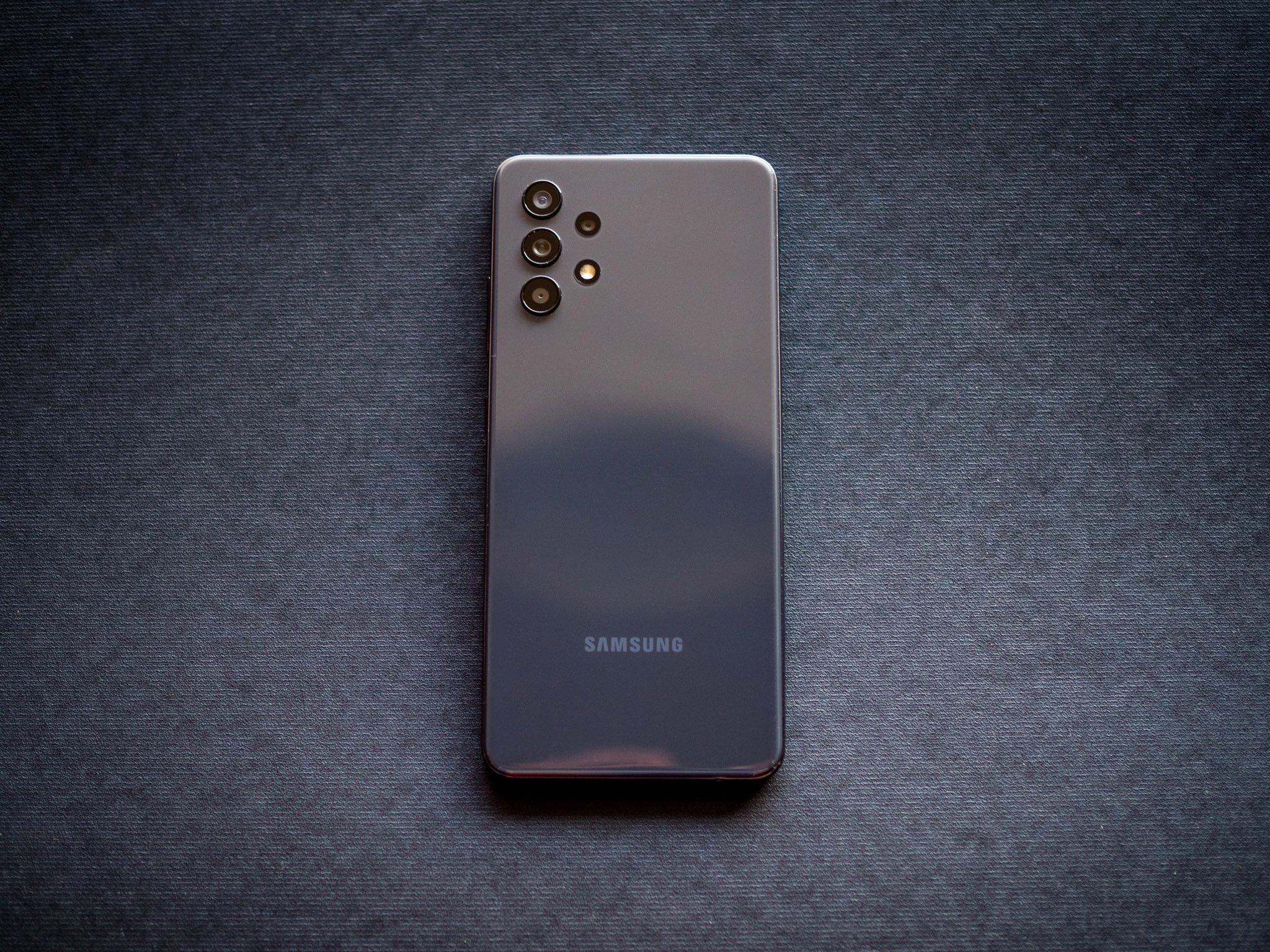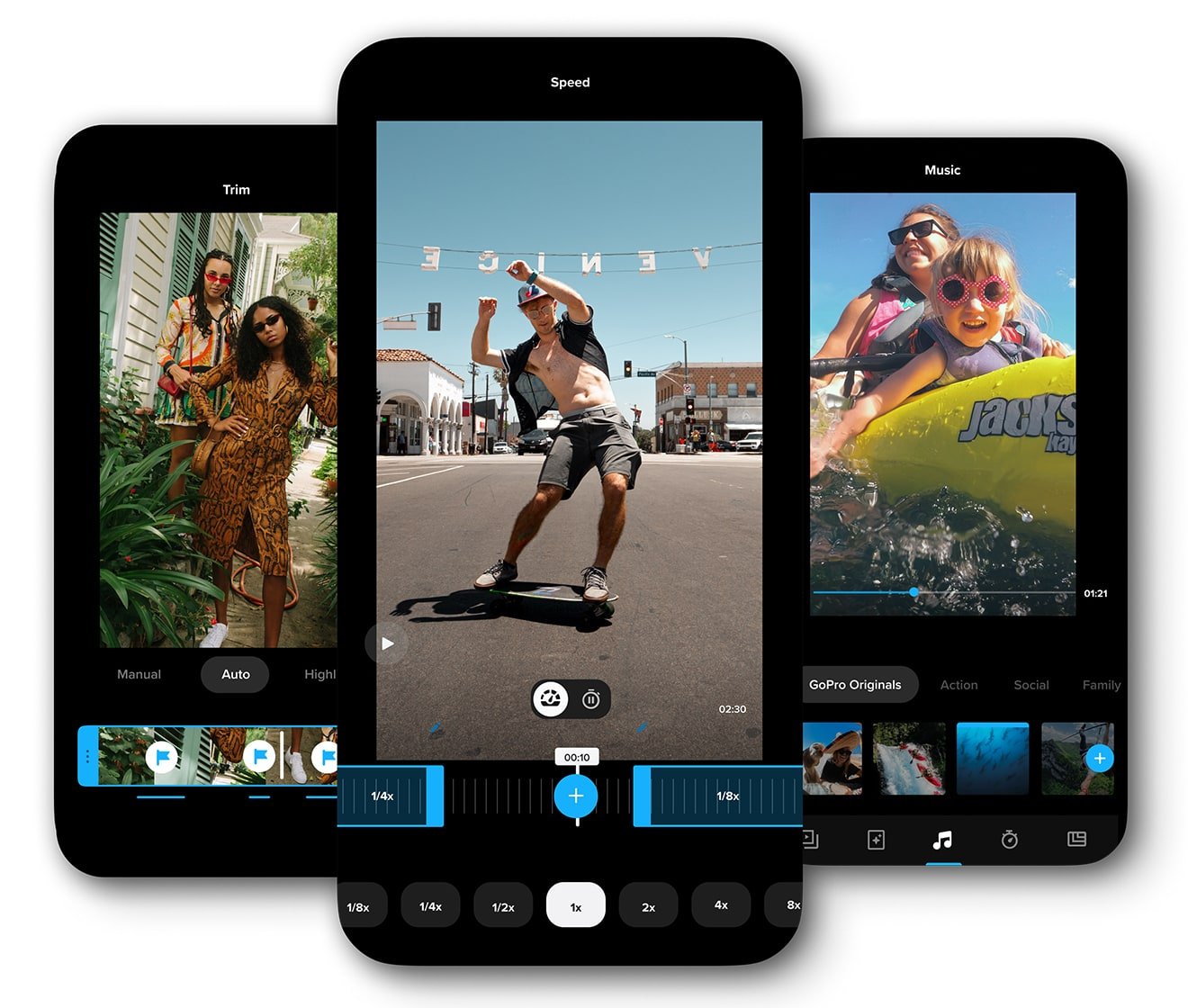Epic Games responds to Google's Play Store price cut, calls it a PR stunt - Android

Epic Games is not having it and thinks the Play Store announcement is simply a PR stunt.
Update, Mar 16 (6:30 pm ET): Epic Games responds to Google's announcement
What you need to know
- Google is dropping its cut of Play Store commission on in-app purchases by 15%.
- The move follows Apple's example, dropping its own cut by 15% after a very public spat with Epic Games.
- The cut will apply to the first $1 million in revenue per year earned by developers.
App development and upkeep can be expensive, whether through a small developer or a larger one. It's also expensive to maintain the platforms that distribute these apps, such as Android's Google Play Store, which is why they normally take a percentage of purchases made from these apps. This was the subject of a very public clash last year between a well-known game developer and two mobile platform giants. Still, the latest move by Google sees the company attempting to improve relations with app developers by cutting its own commission in half.
Google announced Tuesday in a blog post that starting June 1st, 2021, its Play Store commission will be cut in half to just 15%. This will apply to all Android developers and will primarily affect the first $1 million in revenue per year from in-app purchases, after which it will return to 30%. It's a similar move made by Apple at the end of last year after Epic Games, which develops the Unreal Engine powering many games for smartphones and the PS5, started a coup to challenge the high fees being charged by iOS and Android app stores.
Google's announcement did not go unnoticed by Epic Games' founder and CEO, Tim Sweeney, who criticized the companies for their monopolistic policies:
It's scary for the tech industry to that see Google and Apple aligning their monopolistic policies in near lock-step. In a free app market, rates would be much lower for all due to competition, and not subject to their divide-and-conquer tactics.
— Tim Sweeney (@TimSweeneyEpic) March 16, 2021
Meanwhile, Google highlights in its post that it listens to its Play Store developers hopes that this move will help put more money in their pockets:
While these investments are most critical when developers are in the earlier stages of growth, scaling an app doesn't stop once a partner has reached $1M in revenue — we've heard from our partners making $2M, $5M, and even $10M a year that their services are still on a path to self-sustaining orbit. This is why we are making this reduced fee on the first $1M of total revenue earned each year available to every Play developer, regardless of size.
The Play Store amasses over 3 million apps that can be downloaded on even the best cheap Android phones, of which about 3% of developers offer in-app payments. Starting this September, Google will require that apps use the Play Store's billing system and follow their newly clarified guidelines.
Update, Mar (6:30 pm ET) ― Epic Games responds, says Android needs to be 'fully open to competition'
In the wake of Google's announcement to cut Play Store commission by half, Epic Games has issued a response, claiming that it's not enough. Epic Games filed a lawsuit last year after its popular Fortnite app was removed from the Play Store. The company claimed that Google's control over app distribution on Android was monopolistic and anti-competitive, a stance that it still holds today with the latest announcement. A spokesperson from Epic Games has stated the following:
While a reduction in the Google app tax may alleviate a small part of the financial burden developers have been shouldering, this does not address the root of the issue. Whether it's 15% or 30%, for apps obtained through the Google Play Store, developers are forced to use Google's in-app payment services. Android needs to be fully open to competition, with a genuinely level playing field among platform companies, app creators, and service providers. Competition in payment processing and app distribution is the only path to a fair app marketplace.
16/03/2021 10:30 PM
The OnePlus 9 Pro boasts a better 120Hz display than the Galaxy S21 Ultra
16/03/2021 07:14 PM
Review - The Galaxy A32 gets a lot right — but there are a few caveats
16/03/2021 03:00 AM
If you can't find your GoPro app, that's because it's now called Quik
16/03/2021 09:26 PM
Disney+ passes 100 million installs on the Play Store after just 16 months
16/03/2021 01:12 PM
Amazon Echo Show 10 Review - Third Time's The Charm!
16/03/2021 05:12 PM
LG Rollable Phone Design Patent Hint At Expandable Display
16/03/2021 03:44 PM
GoPro's overhauled Quik app makes video editing easy and effortless
16/03/2021 02:00 PM
Twitter lets users tie multiple 2FA security keys to their accounts
16/03/2021 12:02 PM
- Comics
- HEALTH
- Libraries & Demo
- Sports Games
- Racing
- Cards & Casino
- Media & Video
- Photography
- Transportation
- Arcade & Action
- Brain & Puzzle
- Social
- Communication
- Casual
- Personalization
- Tools
- Medical
- Weather
- Shopping
- Health & Fitness
- Productivity
- Books & Reference
- Finance
- Entertainment
- Business
- Sports
- Music & Audio
- News & Magazines
- Education
- Lifestyle
- Travel & Local







